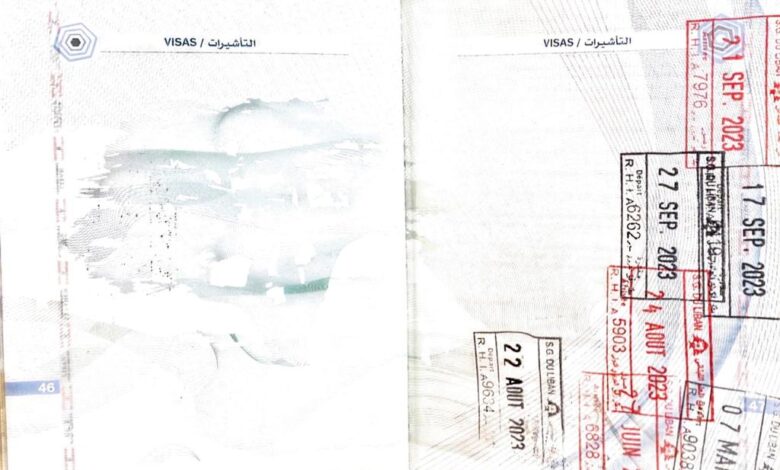Blockchain: The Potential Game Changer in Unified GCC Visa Processes

The approval of a unified Gulf tourist visa by Gulf Cooperation Council (GCC) countries, as announced by Abdulla bin Touq Al-Marri, the UAE’s Minister of Economy a month ago, marks a significant step toward regional collaboration in the tourism sector.
With the high adoption of blockchain technology, one might inquire about the potential integration of blockchain technology into the visa issuance and travel monitoring processes, exploring the benefits that blockchain could bring to this initiative.
Is there consideration among GCC countries to leverage blockchain technology in the implementation of the unified Gulf tourist visa? Blockchain’s inherent features, such as transparency, timestamping, and tamper-proof capabilities, could offer several advantages in managing travel movements and visa issuance with increased efficiency and security.
- Transparency: Blockchain’s transparent nature ensures that all relevant stakeholders have real-time access to visa-related data, fostering trust and accountability in the issuance process.
- Timestamping: The use of blockchain enables accurate timestamping of visa-related transactions, providing a chronological record of events. This feature enhances the tracking of visa applications and approvals, reducing the likelihood of delays or errors.
- Tamper-Proof Security: Blockchain’s decentralized and distributed ledger makes it resistant to tampering or unauthorized alterations. This could significantly enhance the security of sensitive visa and travel data, reducing the risk of fraud.
- Efficiency in Cross-Border Transactions: Blockchain’s decentralized nature eliminates the need for intermediaries, potentially streamlining cross-border transactions related to visa approvals. This could result in faster processing times and reduced bureaucracy.
- Enhanced Data Integrity: The immutability of blockchain ensures that once data is recorded, it cannot be altered retroactively. This feature enhances the integrity of visa-related information, reducing the likelihood of errors or discrepancies.
While not confirmed and with a projected implementation between 2024 and 2025, the exploration of blockchain in the context of the GCC’s unified visa initiative could align with broader technological advancements in the tourism sector.
As discussions progress, the potential benefits of blockchain may contribute to a more seamless, secure, and technologically advanced approach to managing travel movements and visa issuance within the GCC region.





